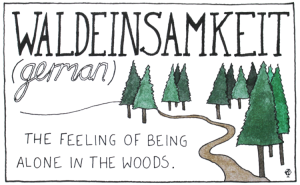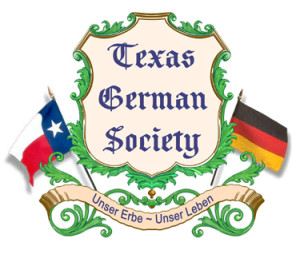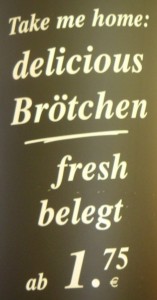Translating always means approximating the meaning of the original text. That is especially the case for translating literary texts, where it’s not just a matter of finding equivalent meanings but also of conveying the feel and style of the original. When the texts are poetry that makes the process even more complicated, as there is a need to make decisions on issues like rhyme, alliteration, meter, rhythm, etc. Then there is the cultural component. Literary texts are embedded in socio-historical contexts, which may be familiar to the intended readers of the original. Translators need to determine whether to simply convey the cultural context as in the original or add or explain so that it is understandable to the readers of the translation. Then there is humor and word play. Music complicates further, as the translated language must fit in to the time constraints built into song lyrics.
Translating the celebrated musical Hamilton into another language has all those complications and more. The story told in the musical is deeply enmeshed in the history and mythology of the founding of the United States. The story and the central figures in it are well known to anyone who has attended schools in the US. For those not having that background, the dynamics of the exchanges among characters in the musical, taken from historical accounts, will be unfamiliar. Then there is the kind of music in Hamilton, namely hip-hop or rap. While that style of music originated in the US, it has spread across the world, so the musical form will likely be familiar, at least to young theater goers. However, in the US, the cultural context of rap is tied closely to African-Americans and that is reflected in the musical, at least in its original stage version and movie, in which the main characters are Black.
So, translating Hamilton into German was no easy task, as pointed out in a recent piece in the New York Times: “Hamilton is a mouthful, even in English. Forty-seven songs; more than 20,000 words; fast-paced lyrics, abundant wordplay, complex rhyming patterns, plus allusions not only to hip-hop and musical theater but also to arcane aspects of early American history.” It wasn’t just the challenge of keeping the musical character as close as possible to the original, it was also the problem linguistically of going from English to German, as the piece states, “a language characterized by multisyllabic compound nouns and sentences that often end with verbs”. Translations from English to German often end up being considerably longer than the original. That was going to be a problem here. So, the translators had to be flexible and creative, finding ways to keep the wordage down, while maintaining the essentials of the content and including as many of the artistic effects in the lyrics as possible. The latter included the internal rhyming that is characteristic of rapping and is used extensively in Hamilton. The translators were able to work with the musical’s creator, Lin-Manuel Miranda, who monitored the translations to make sure the lyrics in German fit the spirit of the original. The New York Times article and a piece in National Public Radio provide examples of the wording in German. The clip below shows the results.
The German Hamilton started playing this month in Hamburg; it will be interesting to see how German theater goers react. One of the interesting aspects of the German production is that the makeup of the cast mirrors that of the New York production, with actors of color playing the main roles. The fact that this was possible in Germany is a demonstration of the surprising diversity in contemporary Germany, with waves of immigration having significantly changed the homogeneity of the population there. In fact, many in the cast are immigrants, or the children of immigrants. Not all are German citizens, but they all speak fluent German, mostly as their first language. For my money, the songs sound very good (and natural!) in German.






